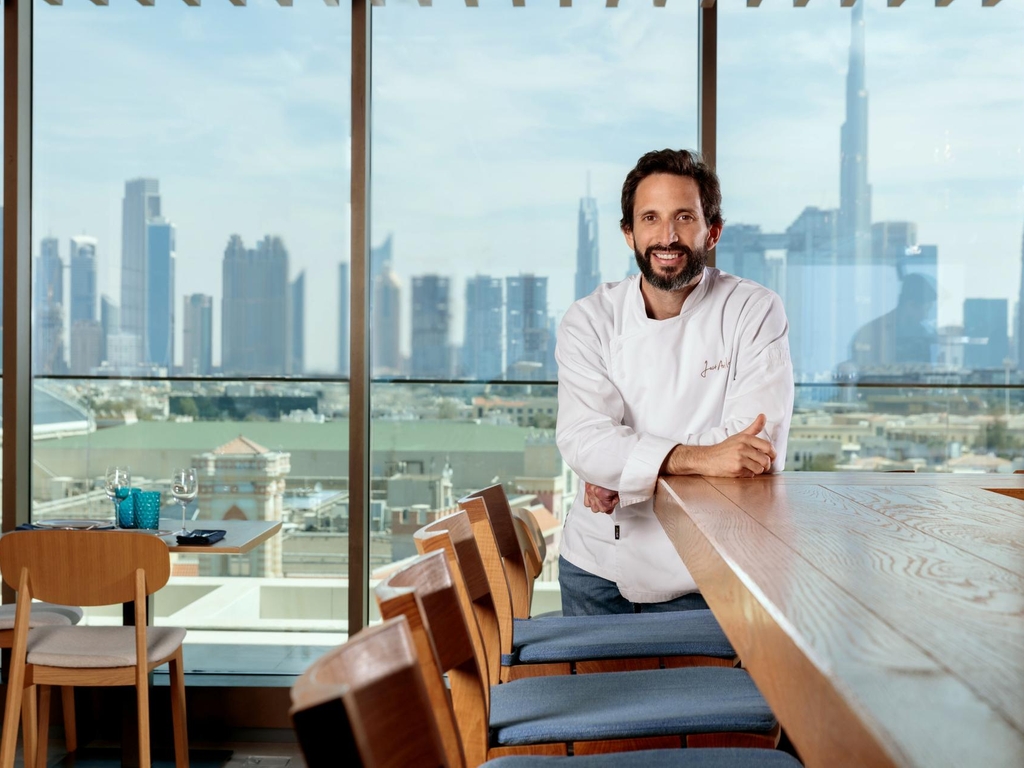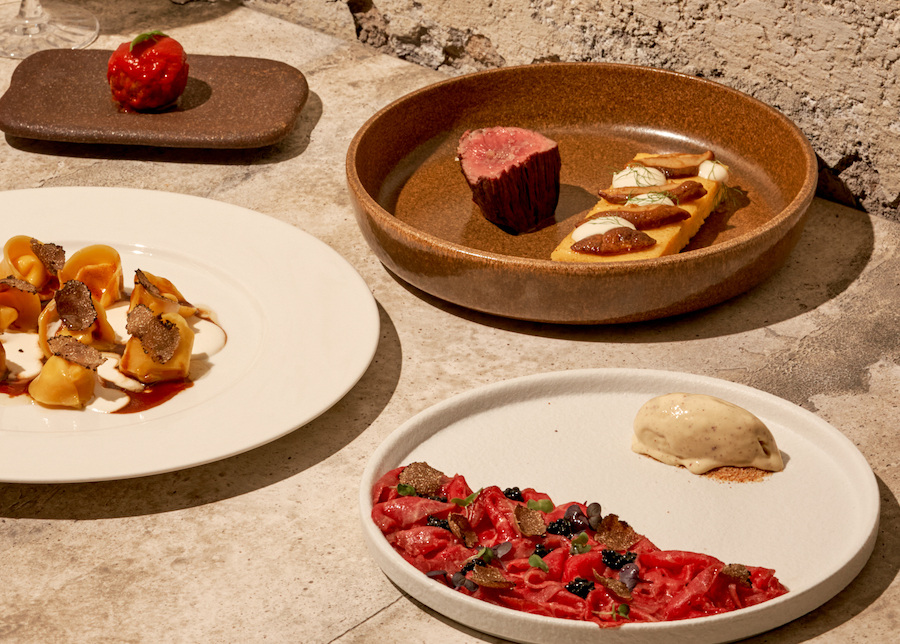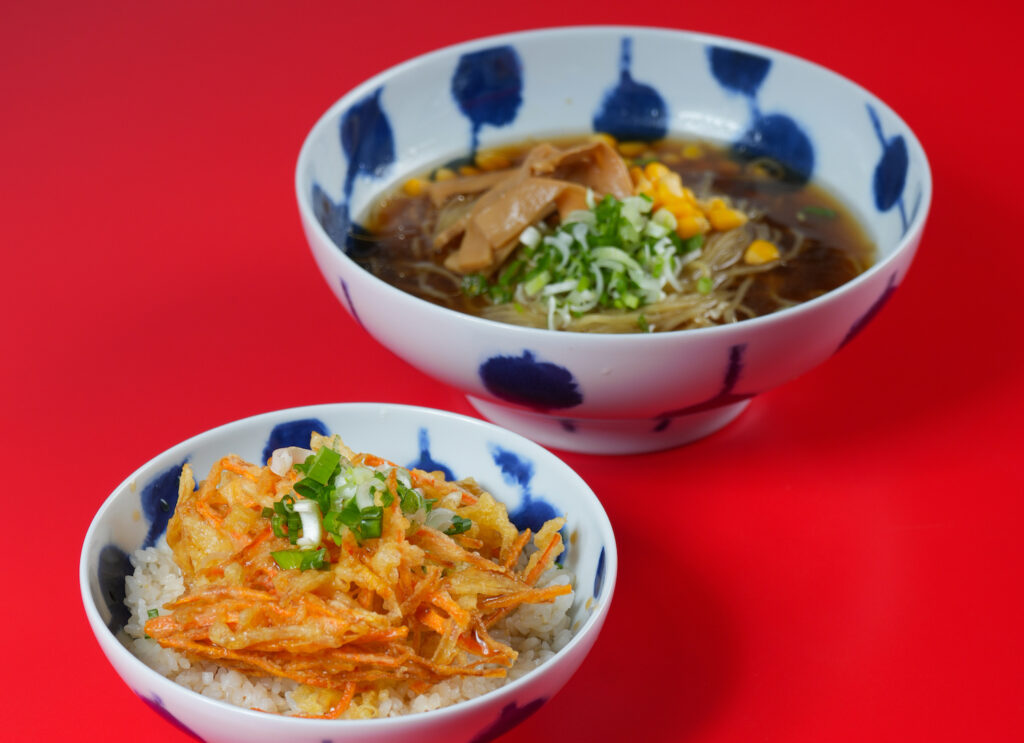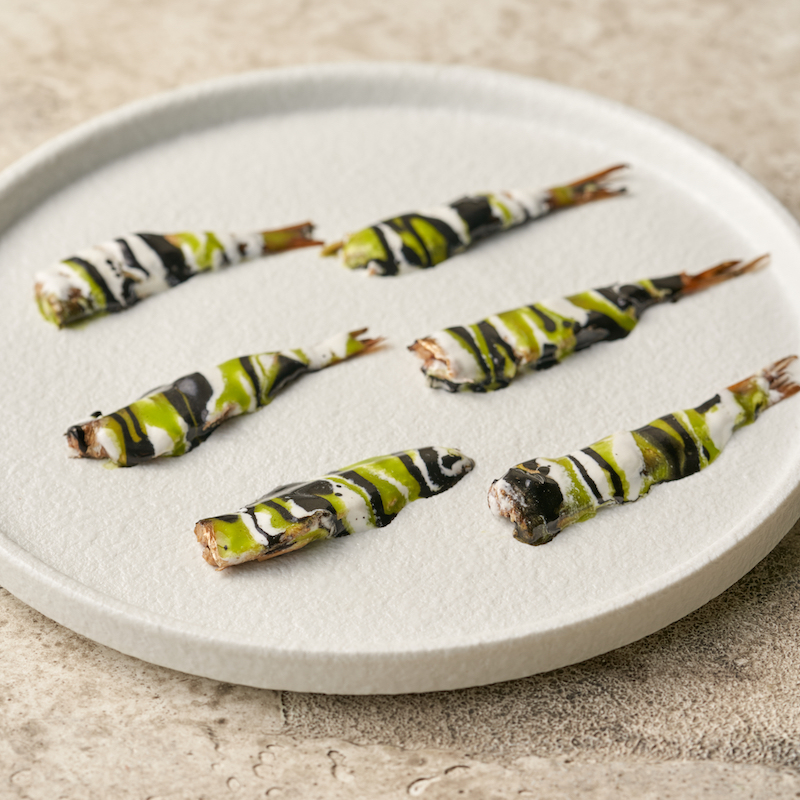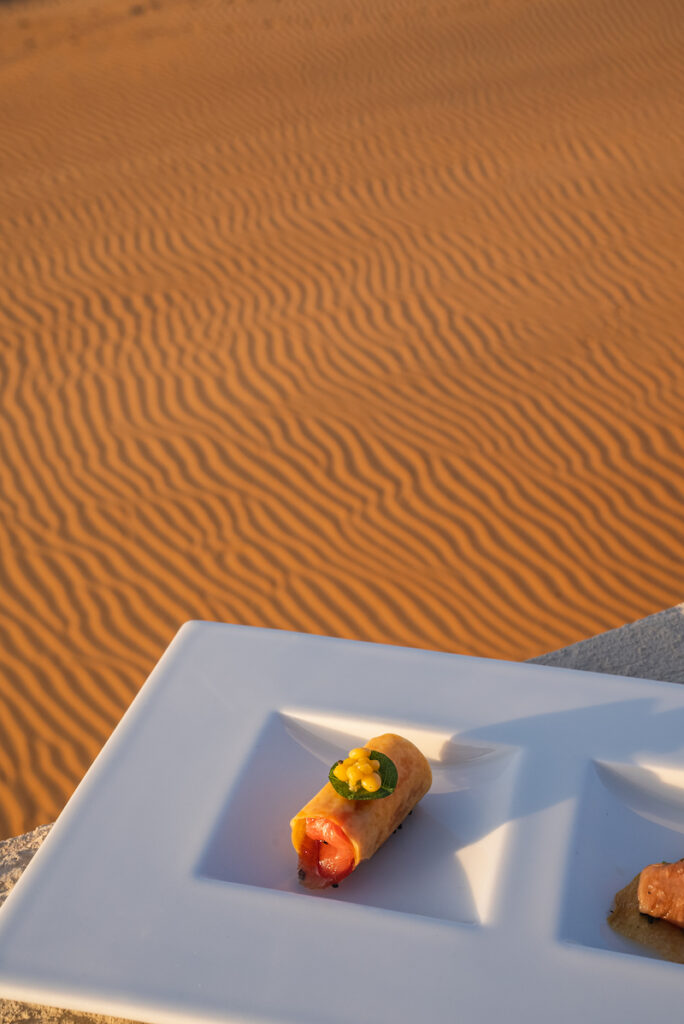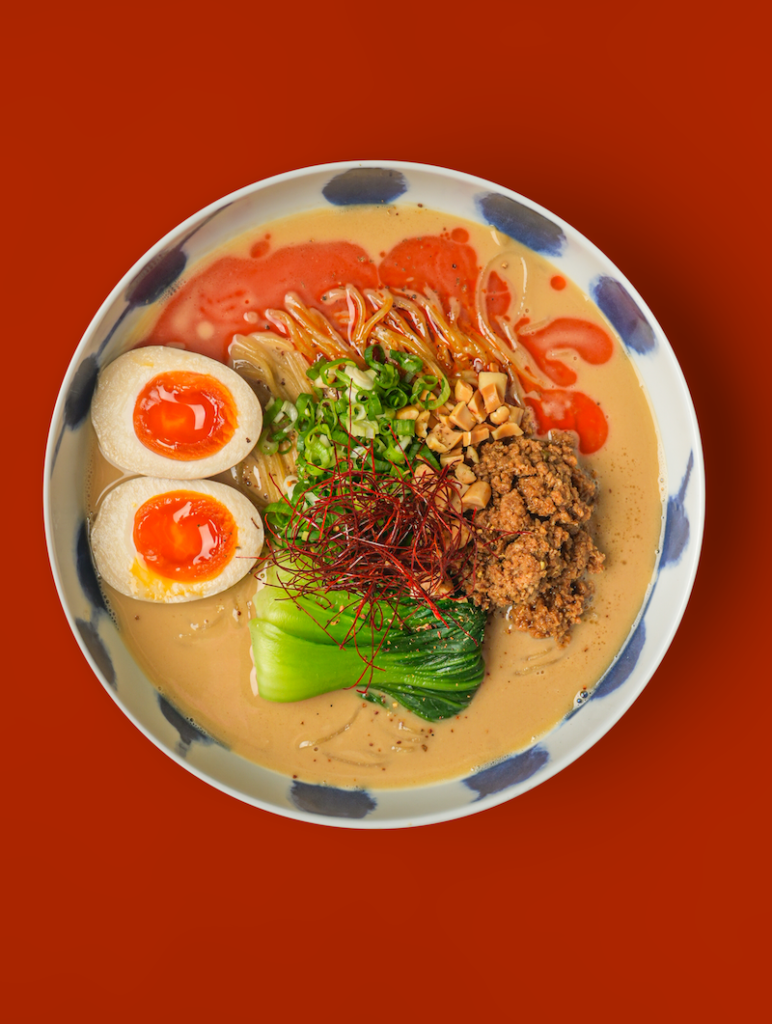Famed Portuguese chef José Avillez of Tasca at Mandarin Oriental Jumeira, Dubai, shares what his country’s cuisine offers and what traditional dishes can be found on his menu.
Representing his first international venture, Portuguese chef José Avillez made his Middle Eastern debut with the opening of Tasca at Mandarin Oriental Jumeira, Dubai in 2019. He has several restaurants in Lisbon and Porto, each with a different concept, but all expressing his passion for cuisine. Avillez is most well-known for his two Michelin-starred Belcanto in Lisbon.
Offering true flavours of Portugal, Tasca in Dubai takes inspiration from a traditional Portuguese eatery, ‘tasca’, serving genuine food and drinks but with a contemporary twist. With a menu based on a sharing concept, Tasca takes guests on a culinary journey across the rich and varied country.
Chef Avillez tells more…
Dubai is lacking in Portuguese restaurants, so Tasca really brings something different to the city. Tell us about the restaurant and its offering…
Tasca, at Mandarin Oriental Jumeira, Dubai is inspired by a traditional Portuguese restaurant concept – a tasca, which is a typical casual Portuguese eatery, with authentic food and drinks. However, Tasca adds a twist, because it offers a contemporary and pulsating dining experience. We serve Portuguese flavours with a contemporary twist in a vibrant setting, overlooking the sweeping ocean on one side and Dubai’s skyline on the other.
Is the menu at Tasca inspired by a certain area of Portugal, such as the Algarve’s cuisine, or is it influenced from all areas of the country?
Tasca offers rich and varied contemporary Portuguese cuisine from across the region. The menu offers some of Portugal’s best flavours and products. I believe Portugal has one of the best cuisines in the world, with the world’s best fish and seafood. Tasca offers the opportunity to savour them. It’s a unique, unmissable experience.
What are some of the traditional Portuguese dishes found on Tasca’s menu?
Some of the traditional Portuguese dishes that can be found on Tasca’s menu are Bulhão Pato clams, Gomes de Sá codfish, Lagareiro octopus, grilled giant red shrimp, grilled blue lobster, prawns with garlic and chili, steak with an egg on top, olive oil custard pudding. They are all plated in a contemporary style but are as full-flavoured as the traditional recipes.
What in your opinion, is the must-try dish on the menu?
That’s a difficult choice. The menu is amazing. Tempura avocado, tuna tartare cone, giant red shrimp, steak with egg on top, and the mandarin orange.
What type of ingredients are you sourcing from Portugal for Tasca?
The ingredients we are bringing in from Portugal include giant red shrimp, blue lobster, seabass, coastal prawns and clams. I believe Portugal has the best fish and seafood in the world.
Are there any Portuguese ingredients that you’d like to have on the menu, but haven’t been able to source here?
Yes, Portuguese vegetables.
Looking at your background, how did you get started as a chef?
Looking back, I’ve had a passion for food ever since I was a child. In fact, it was actually a passion for eating. I started cooking at home when I was seven. I used to bake with my sister, and we sold the cakes to family, friends and neighbours. I went to college to study Business Communications. When I signed up for it, I wasn’t aware that my future would involve working in a kitchen, but at the end of my studies, my interest for cuisine started to grow and I had the opportunity to visit a professional kitchen. My heart began to race and I felt a whirlwind of emotions. At that moment, I realised I had found my way. After that, I went on several trips, did training courses and internships as a chef. I learned at the hand of Antoine Westermann at Fortaleza do Guincho, at Alain Ducasse’s school, in Éric Fréchon’s kitchen at the Bristol Hotel, and at the renowned El Bulli, a step that truly changed my career. It changed my life.
What trends and dining behaviours are you witnessing coming out of Lisbon at the moment?
The last 15 to 20 years have built a contemporary Lisbon. Some investments were made to present Lisbon as a multicultural European capital and the urban environment was transformed. There are significant signs of modernisation but the historic charm has been preserved. Lisbon is a seductively stylish revitalised city and is a great destination for food lovers. We have very high-quality products: wine, cheese, olive oil, meat, fish and seafood, and Portuguese cuisine is tremendously rich and varied. This has transformed Portugal’s gastronomic scenario in a very interesting way. Today we have a much more diverse offer than we had 10 years ago.
What sets Portuguese cuisine aside from other Mediterranean cuisines?
Portuguese cuisine is tremendously rich and diverse. The differentiating aspect of our cuisine has to do with the cultural exchanges that happened in our Age of Discovery. Those ingredients and techniques from other continents influenced and enriched our cuisine. In addition to that, Portugal has a wide variety of landforms, climates and soil types. Moreover, we have a long coastline, we have highlands in the north of Portugal, and the mid-coastal region consists of dunes and pine tree forests. In Southern Portugal, more specifically Alentejo, we find plains. Each region of Portugal has different, yet amazing products: cheese varieties, bread types, olive oils, produce, spices, herbs, meat, fish and shellfish. The tradition, the ingredients, and the flavours, the influences are always on my mind. I’m very proud of our amazing cuisine.
For more information about José Avillez, visit joseavillez.pt.
